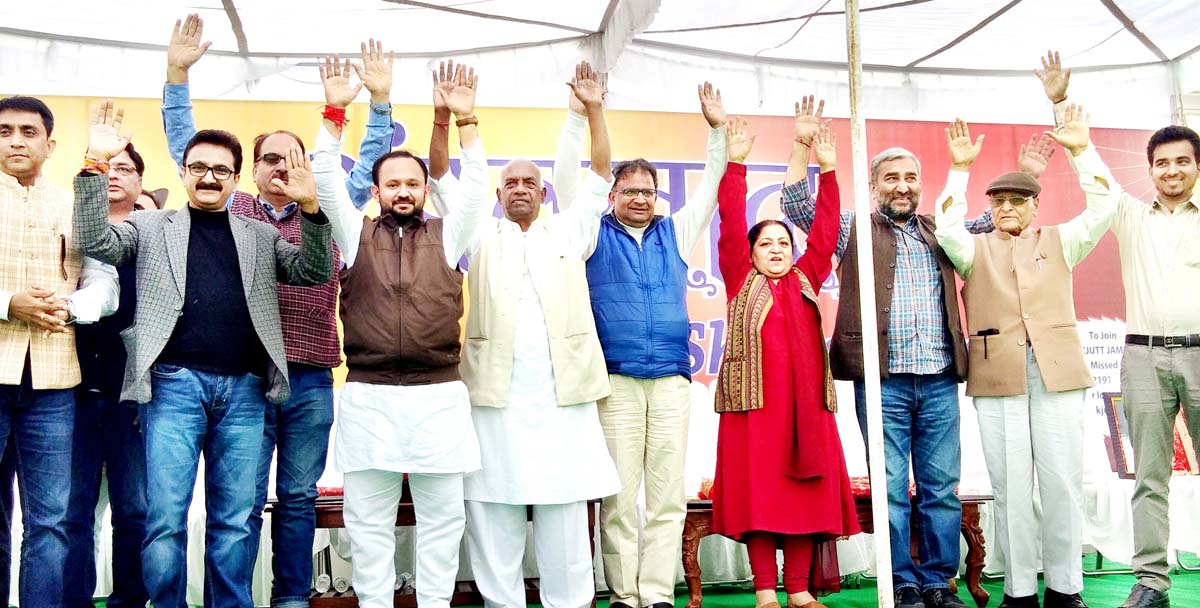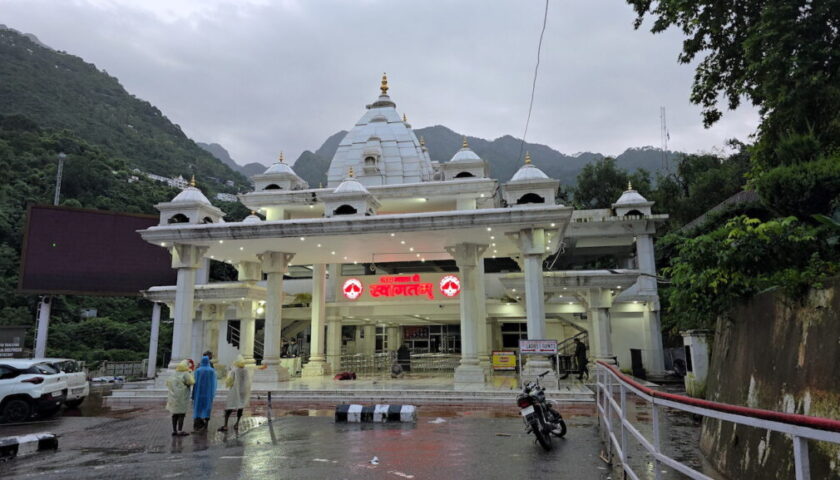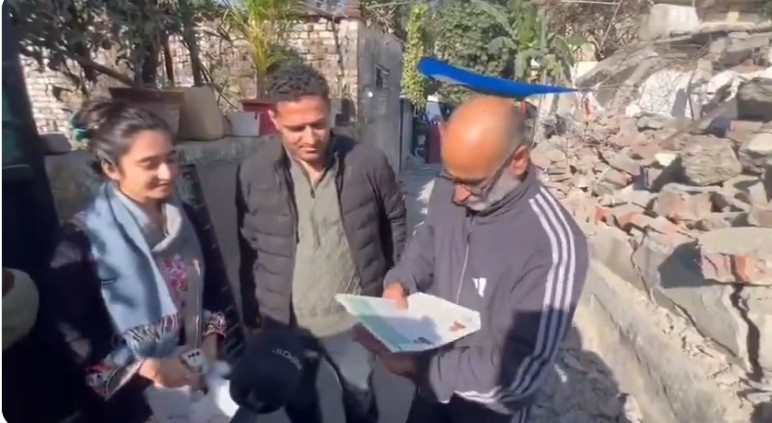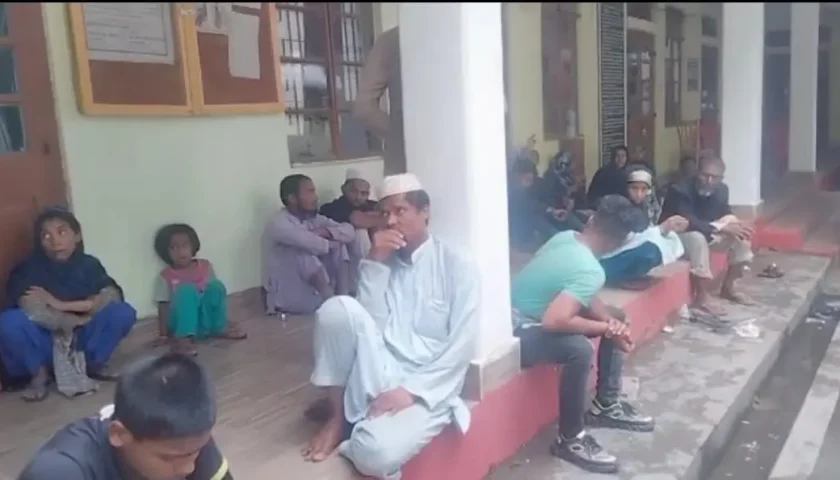While in the Kashmir valley rivals are joining hands to take on the BJP-led Centre, the Jammu region also appears to be witnessing new political activity in the post-abrogation scenario. “Soon-to-be-launched political outfit ‘IkkJutt Jammu’, which has been demanding a “separate statehood for the Jammu region”, is planning to launch an agitation to press for its demand.
IkkJutt chairman Ankur Sharma, who also condemns the ongoing delimitation on ‘fraud 2011 Census’, blames the ongoing “anti-national activities like Gupkar declaration, etc, on UT and Central Government not taking necessary follow-up steps post abrogation of Article 370/35-A”.
Sharma says the reason behind “seditious, communal declarations made by the so-called mainstream political parties of Kashmir is that the UT and Central Government have not taken necessary follow-up steps post abrogation of Article 370/35-A”.
Kashmir should have been divided into 2 UTs
Ankur Sharma, IkkJutt chairman
The follow-up steps would have taken the abrogation to its logical conclusion. Jammu should have been made a separate state and Kashmir divided into two UTs to segregate troubled parts. Since no steps were taken, we now have an anti-India gang speaking the language Mohammad Ali Jinnah used in pre-Independence era.
“The follow-up steps would have taken the abrogation to its logical conclusion. Jammu should have been made a separate state and Kashmir divided into two UTs to segregate troubled parts. Since no steps were taken, we now have an anti-India gang speaking the language Mohammad Ali Jinnah used in pre-Independence era,” he says, slamming the ‘Gupkar league’.
Sharma, who says that political resolution requires delimitation based on proper Census, claims “fraud Census was a conspiracy against the Jammu region to ensure power in J&K remains in the hands of Kashmir leaders”.
“If delimitation is conducted on the Census-2021, Jammu will get 50 seats out of 90 and also a CM. If they do it on the Census-2011, Kashmir gets around 52,” he said.
“According to the 2011 Census, the average population growth of the Jammu province, which was 31 per cent between 1971 and 2001, dropped to 21 per cent in 2011. Due to migration within and outside the state on account of Hindu and Sikh genocide in Kashmir, the percentage growth in Kashmir’s population should have been lower but it grew by 26 per cent post 1991. This is as per official data, fudged obviously,” says Sharma.
The new union territory is currently undergoing a delimitation process. The exercise, which is expected to complete by March 2021, is a precursor to elections when the statehood is restored.
The Delimitation Commission has been redrawing the constituencies for J&K and four northeastern states since March 2020. Prime Minister Modi, in his Independence Day address, reaffirmed the commitment of Assembly elections in J&K once the delimitation exercise is complete.




